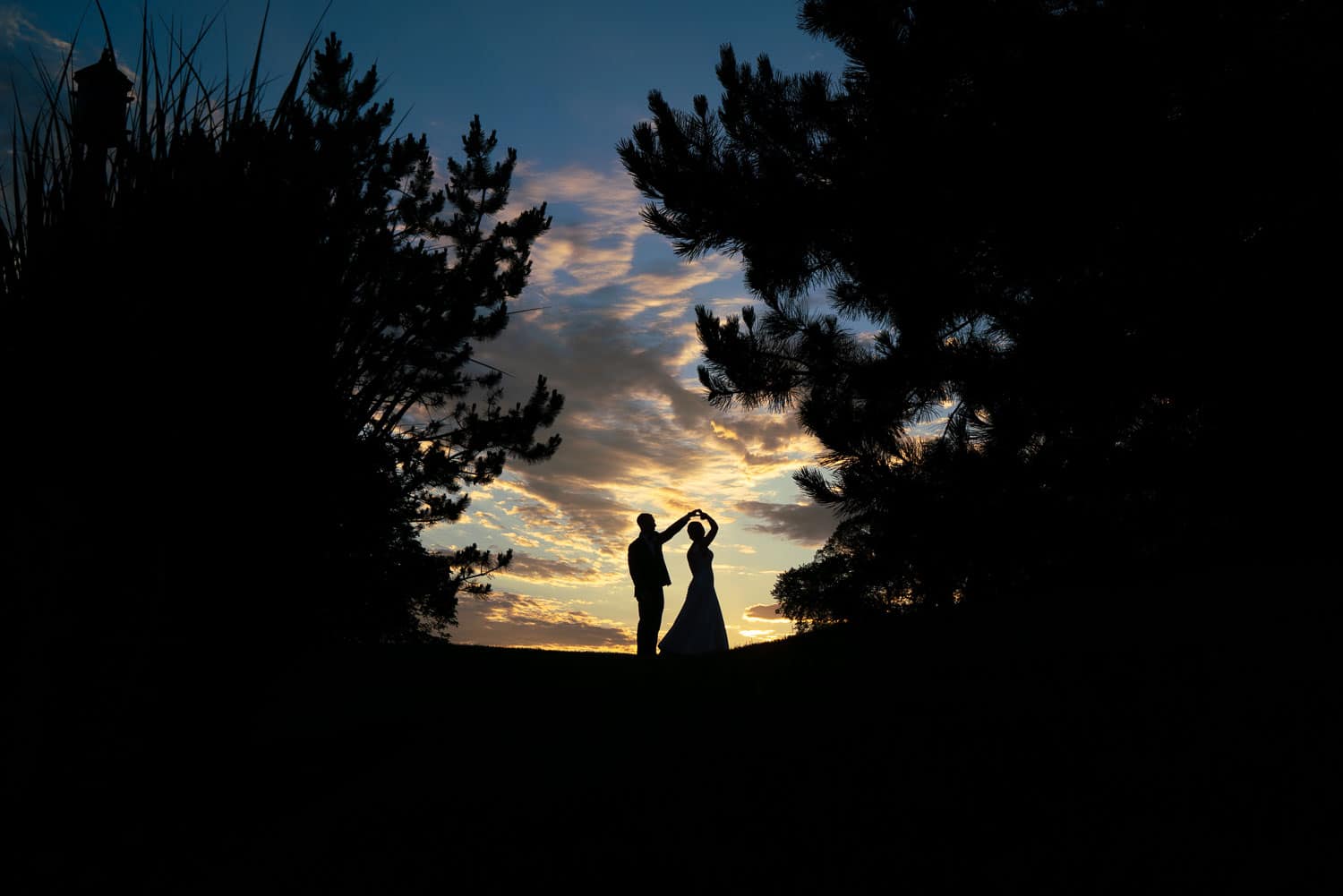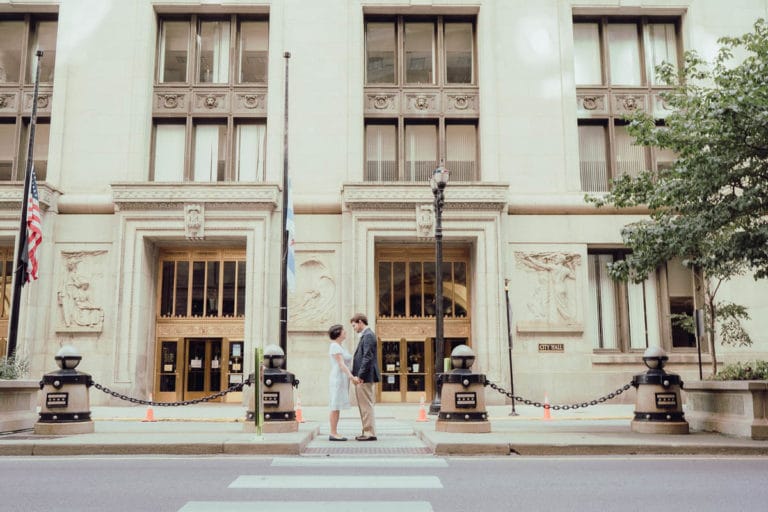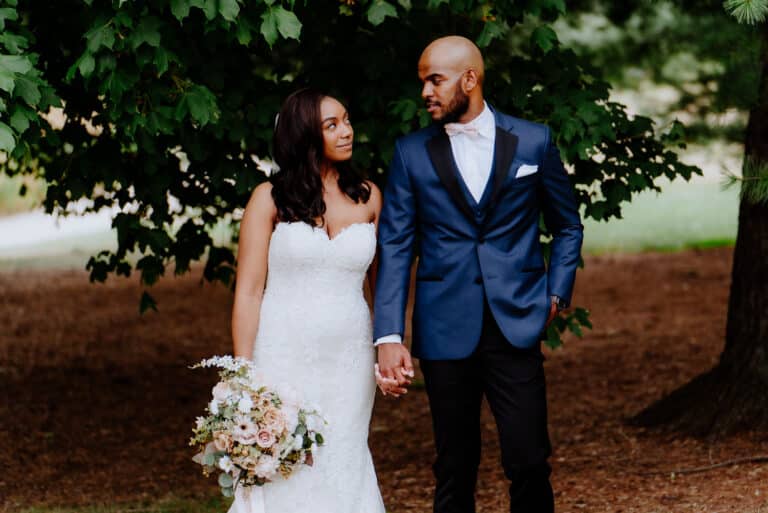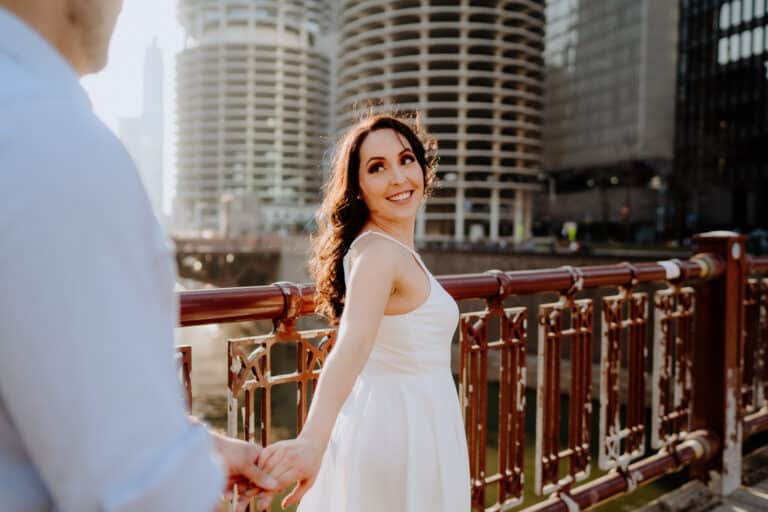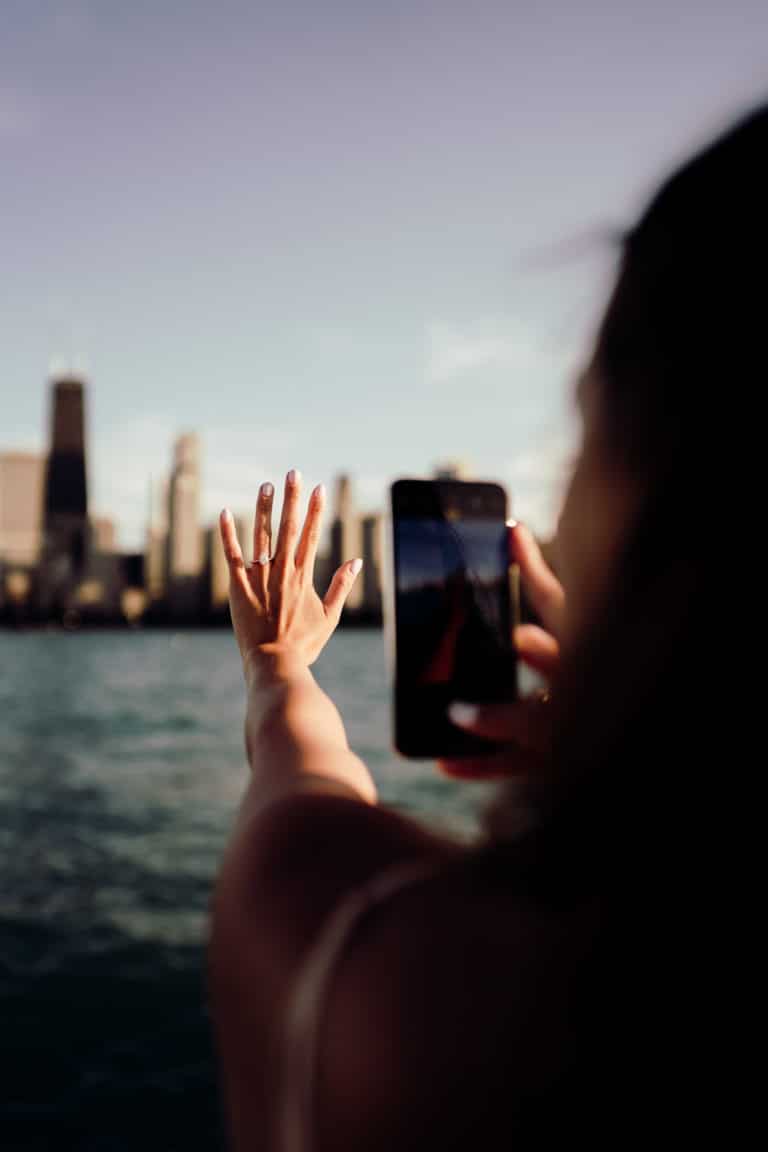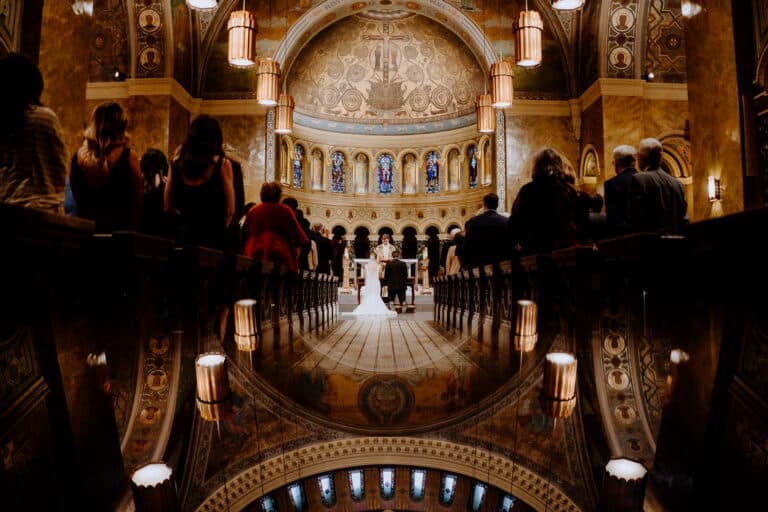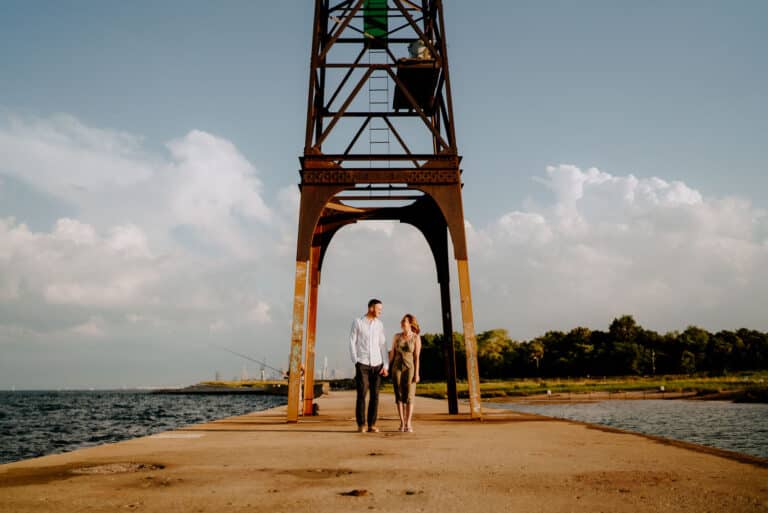Choosing the right photographer can be a daunting task, especially in the midst of all the other planning that’s going on. Their photos all look great and their prices are within your budget, so how do you decide or further narrow down the list of potentail vendors? Here are six great questions to ask your wedding photographer which will help you find the perfect match to document your big day.
1. Will you be my actual wedding photographer?
This is important to ask because many photography studios employ multiple photographers and assign one to your event just a week or two before your wedding. Be sure to confirm that the photographer you speak with will in fact be the one at your wedding. If he/she will not be there, ask to see example work from the individual who will be photographing your wedding. Review their work and be sure you’re completely satisfied with their photos and style.
2. Will all the images be color corrected/edited or only some? What file type do you shoot in?
This seems basic, but some photographers will not color correct or edit any of your photos or only correct a few “keepers”. It’s important to know their workflow because without color correction and basic editing skin tones can easily become too orange or even too blue, especially when flash has been used. Ideally your photographer should be correcting and editing all your photos, not just his or her favorites.
Also, be sure to ask what file type they shoot in. If they don’t shoot in RAW file formats, then the camera applies a “baked in” picture profile that severely limits the amount of color correction and editing that can be performed on your images.
3. Do you bring your own lighting?
In recent years many photographers have labeled themselves as “natural light only” photographers. Though there are many natural light only photographers who produce amazing work, it’s important to understand its limitations. Without proper lighting equipment you’re really limited to just a few hours per day, just before sunset, where you can get those amazing golden hour photos. If you know that you’re going to have to do the bulk of your photos earlier in the afternoon when the sun is harshest, or later after the sun is gone – look for a photographer who is capable of shooting both natural light and with off camera flash.
4. Do you use an assistant and what does he/she do? Do you use a second photographer?
Assistants can really speed up the workflow of your photographer. Typically they help out with things like making lens changes, keeping track of the shot list, and most importantly help as an off camera lighting assistant. If your photographer utilizes an assistant it will likely make your wedding day run more smoothly, but it also shows that your photographer takes their business seriously.
Second photographers (aka second shooters) can double as assistants on smaller weddings, and on bigger weddings they can capture more of those special moments. Typically your primary photographer will be concerned with getting the necessary shots you expect. Meanwhile a great second is able to spend their time capturing the fun candid moments of your guests as well as taking the time to line up more artistic photos and capturing alternate angles. Having a second photographer at your wedding can really add another dimension to your final collection of photos.
5. Are you insured?
In addition to protecting your photographer’s equipment against theft or damage, insurance typically covers personal liability as well. This is important for you because if one of your guests trips and falls over any of your photographer’s equipment you want to be sure their medical expenses will be covered. Also many venues will require a COI (Certificate of Issurance) from your vendors. You don’t want to run into the hassle and stress of finding out your photographer doesn’t have the means to provide the nessessary documention.
6. Do you have backup equipment?
Though camera failures are very rare, occasionally a camera body or lens will get damaged or fail. You want to be sure that your photographer is bringing at least one extra camera body and multiple lenses. This ensures that if their primary gear fails they’re still able to photograph your wedding day. A photographer who doesn’t bring a back up camera, lenses, and lighting gear should raise some red flags.

